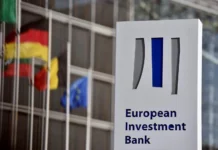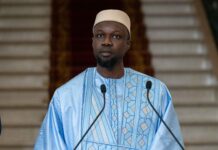As Morocco gears up to co-host the 2030 FIFA World Cup, the country is quietly laying the groundwork to establish itself as a leader in artificial intelligence across Africa. The French business magazine “Challenges” recently spotlighted Morocco’s ambitious vision, driven by its “Morocco Digital 2030” initiative, which aims to transform the nation into a regional tech powerhouse.
At the heart of this push is a robust digital infrastructure. Morocco is home to 23 data centers, including the largest on the African continent, positioning it well to support its digital transformation. Backed by a budget of nearly one billion dollars, the “Morocco Digital 2030” plan calls for sweeping changes, from centralizing administrative services onto a single digital platform to dramatically expanding the country’s fiber-optic network. According to the magazine, these modernization efforts are setting Morocco apart as one of Africa’s digital front-runners.
A crucial piece of this digital future lies in Morocco’s young and highly educated population. Science and engineering programs are increasingly popular among the nation’s students, many of whom attend top-tier preparatory schools. In fact, Moroccan students make up 21% of all international students enrolled in engineering schools in France, underscoring the country’s commitment to nurturing tech talent.
To further strengthen its talent pipeline, Morocco’s Mohammed VI Polytechnic University, located near Rabat, opened a branch in Paris at the start of 2024. Its futuristic campus back home, which blends cutting-edge laboratories with sports facilities, is designed to foster both academic excellence and innovation. On July 1, the university hosted the National AI Conference, a landmark event that brought together over 2,000 participants, including government ministers and business leaders, to discuss the future of artificial intelligence in the country.
International investors have also taken notice. In June, tech giant Oracle chose Casablanca as the site of its first African research and development center, a move that will create over 1,000 new jobs. This decision underscores Morocco’s rising profile as a key destination for tech investment and innovation—a promising signal for a nation determined to lead Africa’s digital revolution.





